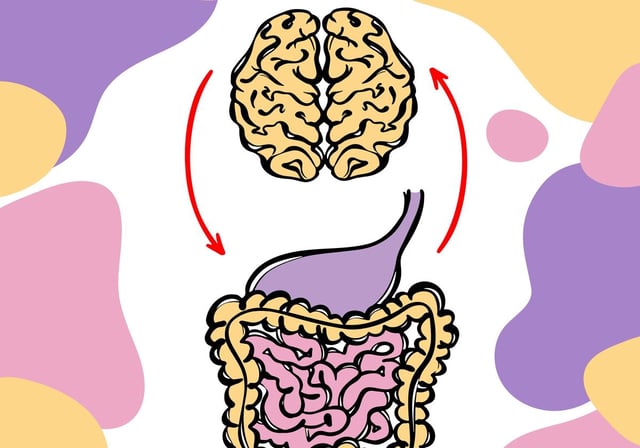Overview
- In 5XFAD mice, CXCR4+ IgA-producing B cells declined in the colon and accumulated at brain and meningeal borders alongside elevated glial CXCL12.
- A small-molecule CXCR4 inhibitor blocked this trafficking in vivo, restoring gut CXCR4+ and IgA+ B-cell levels.
- Long-term inulin feeding rebalanced gut immunity, improved microbial metabolites, and reduced Alzheimer’s-related frailty including tremor, though brain plaque burden was not consistently lowered.
- Analyses of existing human Alzheimer’s brain datasets reported higher CXCL12 expression consistent with altered neuroimmune trafficking, without establishing causality.
- The Buck Institute–led study used single-cell transcriptomics and flow cytometry and was published in Cell Reports on August 29, 2025, with a disclosed conflict of interest for co-senior author Daniel Winer.
